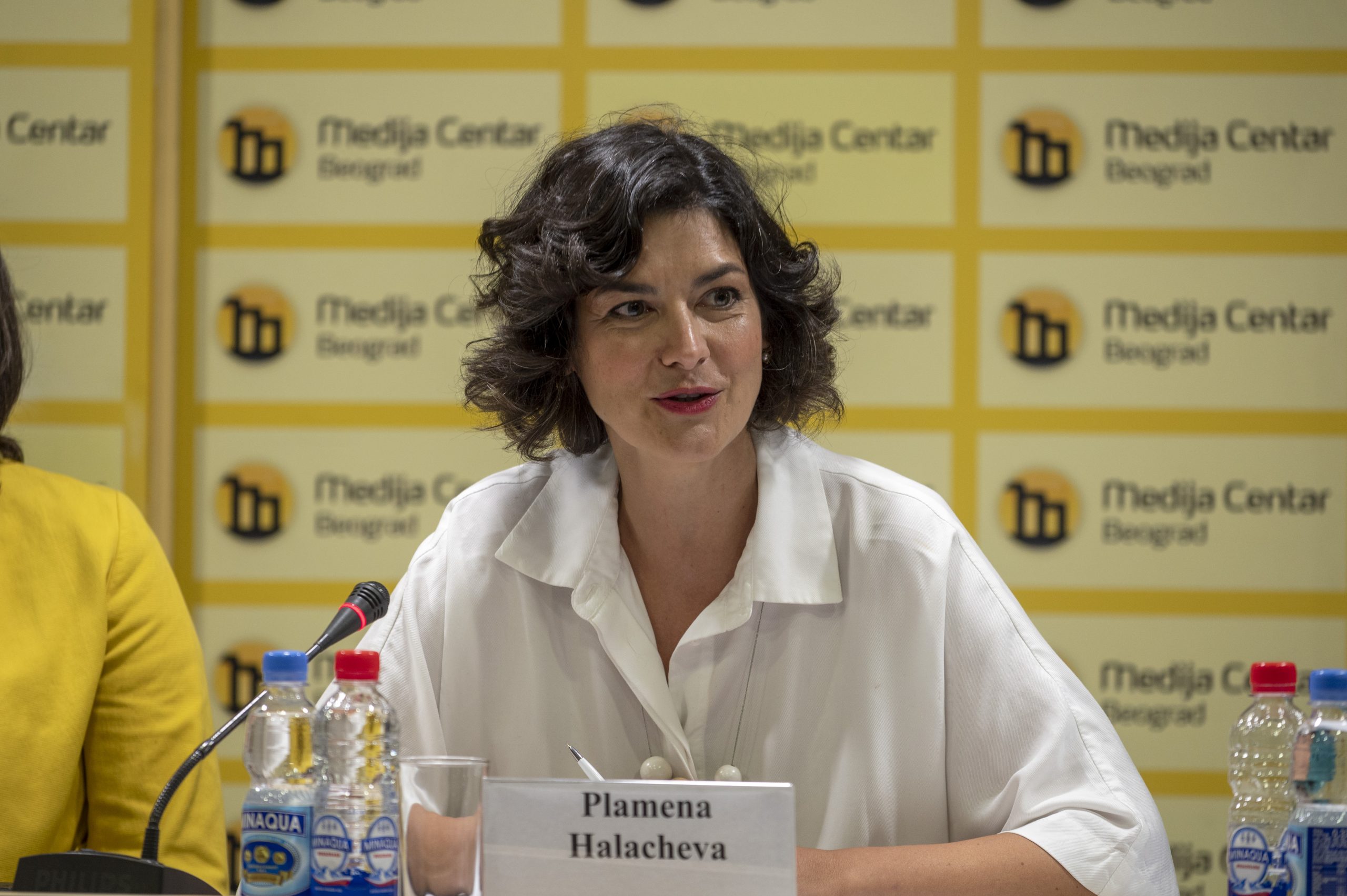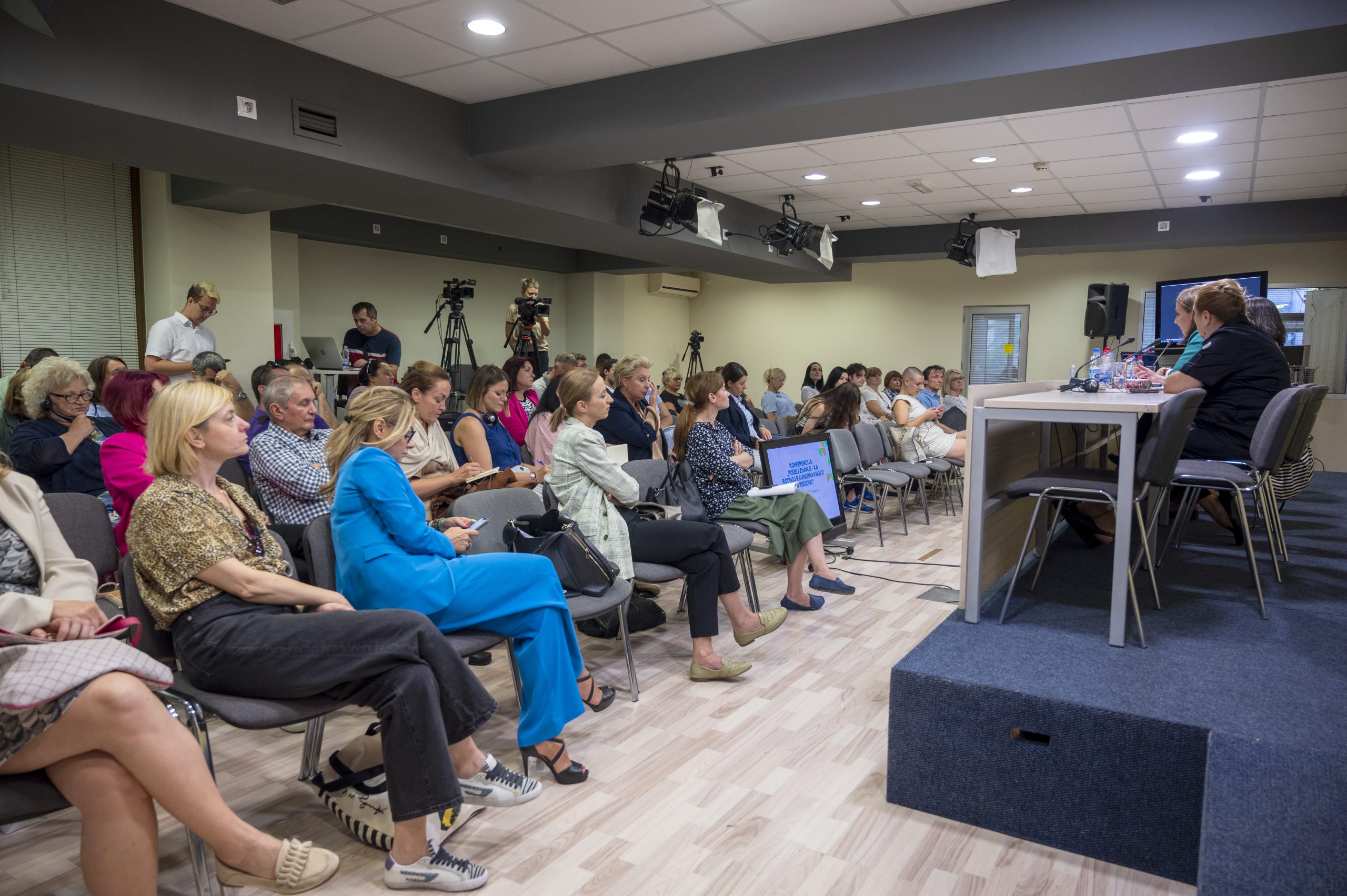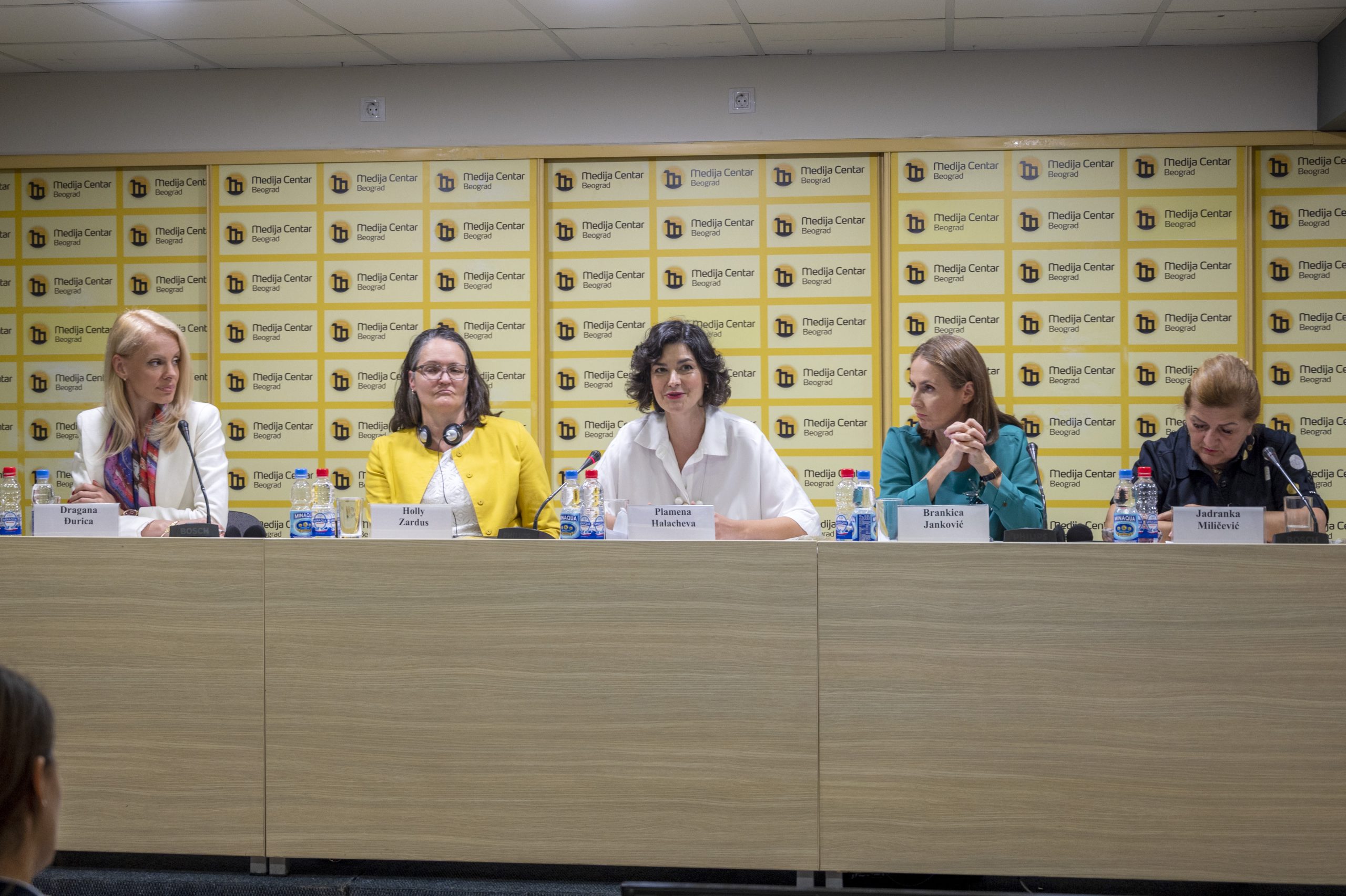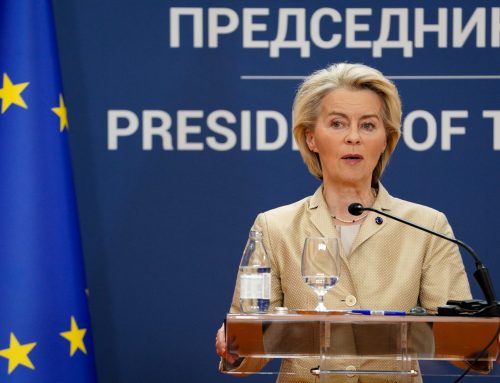It was pointed out today that about two-thirds of women in the Balkans have experienced some kind of gender-based violence, and that message was conveyed in Belgrade at the conference “Share knowledge – towards gender equality in the region” organized by the European Movement in Serbia, which was attended by Deputy Ambassador of the European Union Plamena Halacheva, Serbia’s Commissioner for the Protection of Equiality Brankica Janković and Cultural Attaché of the US Embassy in Belgrade Holly Zardus.
Deputy EU Ambassador Plamena Halacheva stated that the Balkans have the lowest level of employment of women and that in Europe the number of women with university degrees is higher than among men.
One of the problems, state Halacheva, is that there are not enough women making (political) decisions in the Balkans. The greatest emphasis is on protecting women from poverty and violence.

“The European Union aspires to be more than a donor to Serbia, we want to be their partner, and in the future, their home”, Halacheva said.
The Commissioner for the protection of equality assessed that regional cooperation and intergenerational transfer of knowledge are of key importance in the fight against gender-based violence.
Although the Law on Gender Equality was adopted two years ago, and the Law on Discrimination was amended and supplemented in the same year, there is a large percentage of actions on this basis in Serbia, stated Janković.
“However, not all cases of discrimination reach the institutions. We don’t have the culture to demand our rights”, Janković said at the conference.
She stated that the current mechanism, appeal to conscience, is working in Serbia for now, but there is a possibility that in the future cases of discrimination will require sanctions.
The US Embassy Cultural Attaché assessed that there are institutional, but also cultural barriers in terms of gender equality, and that the fight for gender equality requires patience and time.
“Of course, we need more organizations and programs dealing with this issue. The US Embassy thematic funds that focus on the fight for equality will be available in the spring”, said Holly Zardus.

Gender equality is one of the important principles in the operation of the European Union, which is why the EU Strategy for Gender Equality 2020-2025 was adopted a few years ago. The key goals are ending gender-based violence, challenging gender stereotypes, fighting inequality in the labor market, achieving equal participation in different sectors of the economy, addressing gender gaps in wages and pensions, closing the gender care gap and achieving gender balance in policy decision-making.
The strategy follows the dual approach of bringing this topic to the public’s attention in combination with targeted actions, while intersectionality is the horizontal principle for its implementation. While the Strategy focuses on actions within the EU, it is in line with the EU’s external policy on gender equality and women’s empowerment.




